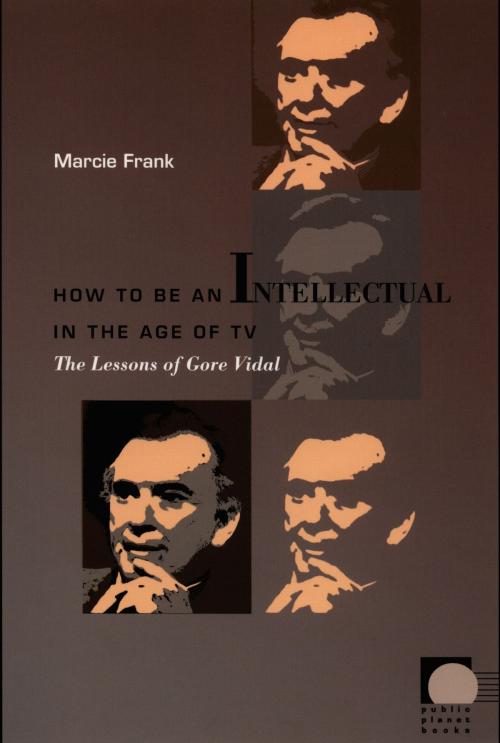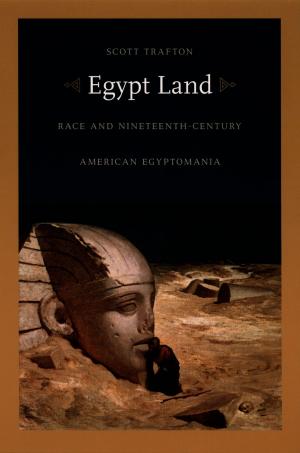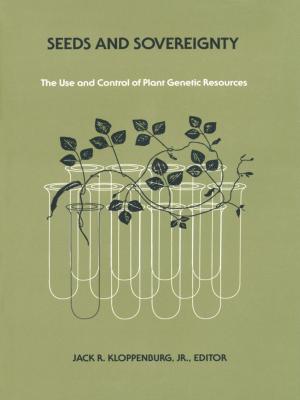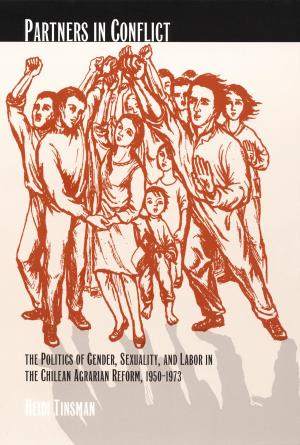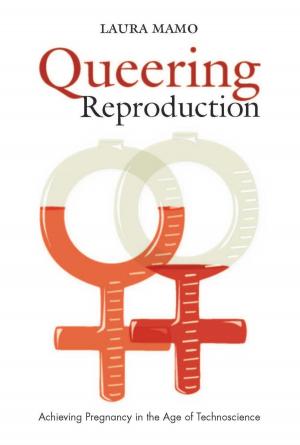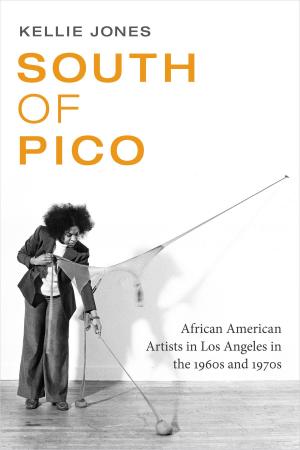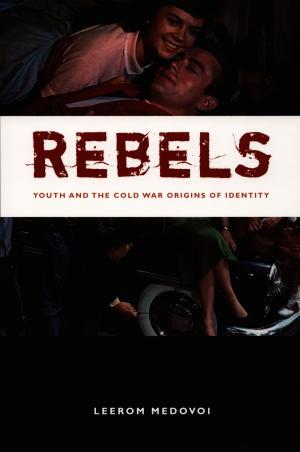How to Be an Intellectual in the Age of TV
The Lessons of Gore Vidal
Nonfiction, Entertainment, Performing Arts, Television, History & Criticism, Fiction & Literature, Literary Theory & Criticism, American| Author: | Marcie Frank, Dilip Parameshwar Gaonkar, Jane Kramer, Benjamin Lee, Michael Warner | ISBN: | 9780822387152 |
| Publisher: | Duke University Press | Publication: | October 25, 2005 |
| Imprint: | Duke University Press Books | Language: | English |
| Author: | Marcie Frank, Dilip Parameshwar Gaonkar, Jane Kramer, Benjamin Lee, Michael Warner |
| ISBN: | 9780822387152 |
| Publisher: | Duke University Press |
| Publication: | October 25, 2005 |
| Imprint: | Duke University Press Books |
| Language: | English |
Novelist, television personality, political candidate, and maverick social commentator, Gore Vidal is one of the most innovative, influential, and enduring American intellectuals of the past fifty years. In How to Be an Intellectual in the Age of TV, Marcie Frank provides a concise introduction to Vidal’s life and work as she argues that the twentieth-century shift from print to electronic media, particularly TV and film, has not only loomed large in Vidal’s thought but also structured his career. Looking at Vidal’s prolific literary output, Frank shows how he has reflected explicitly on this subject at every turn: in essays on politics, his book on Hollywood and history, his reviews and interviews, and topical excursions within the novels. At the same time, she traces how he has repeatedly crossed the line supposedly separating print and electronic culture, perhaps with more success than any other American intellectual. He has written television serials and screenplays, appeared in movies, and regularly appeared on television, most famously in heated arguments with Norman Mailer on The Dick Cavett Show and with William F. Buckley during ABC’s coverage of the 1968 Democratic National Convention.
Frank highlights the connections between Vidal’s attitudes toward TV, sex, and American politics as they have informed his literary and political writings and screen appearances. She deftly situates his public persona in relation to those of Andy Warhol, Jacqueline Susann, Mary McCarthy, Susan Sontag, and others. By describing Vidal’s shrewd maneuvering between different media, Frank suggests that his career offers a model to aspiring public intellectuals and a refutation to those who argue that electronic media have eviscerated public discourse.
Novelist, television personality, political candidate, and maverick social commentator, Gore Vidal is one of the most innovative, influential, and enduring American intellectuals of the past fifty years. In How to Be an Intellectual in the Age of TV, Marcie Frank provides a concise introduction to Vidal’s life and work as she argues that the twentieth-century shift from print to electronic media, particularly TV and film, has not only loomed large in Vidal’s thought but also structured his career. Looking at Vidal’s prolific literary output, Frank shows how he has reflected explicitly on this subject at every turn: in essays on politics, his book on Hollywood and history, his reviews and interviews, and topical excursions within the novels. At the same time, she traces how he has repeatedly crossed the line supposedly separating print and electronic culture, perhaps with more success than any other American intellectual. He has written television serials and screenplays, appeared in movies, and regularly appeared on television, most famously in heated arguments with Norman Mailer on The Dick Cavett Show and with William F. Buckley during ABC’s coverage of the 1968 Democratic National Convention.
Frank highlights the connections between Vidal’s attitudes toward TV, sex, and American politics as they have informed his literary and political writings and screen appearances. She deftly situates his public persona in relation to those of Andy Warhol, Jacqueline Susann, Mary McCarthy, Susan Sontag, and others. By describing Vidal’s shrewd maneuvering between different media, Frank suggests that his career offers a model to aspiring public intellectuals and a refutation to those who argue that electronic media have eviscerated public discourse.
